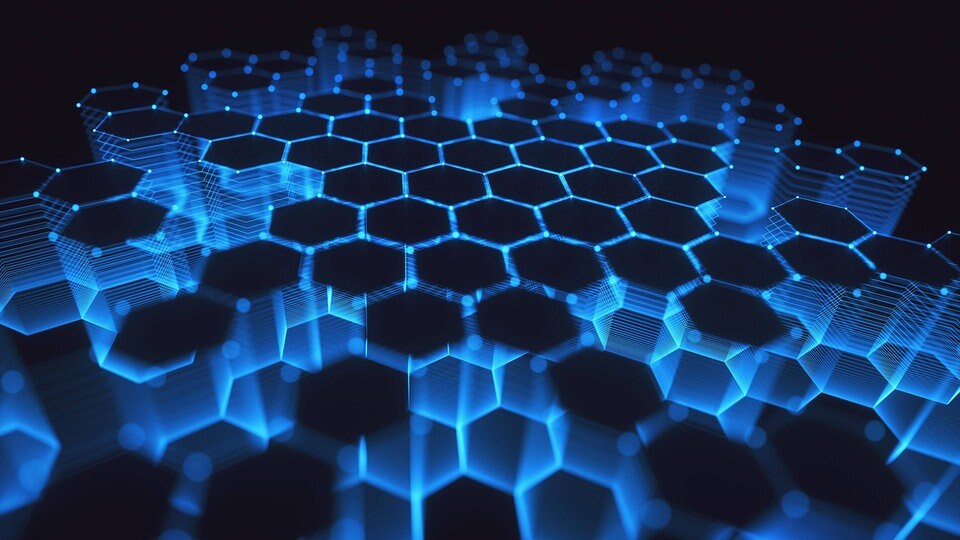An Australian company said it celebrated a major breakthrough in battery technology: using graphene, new batteries are designed to charge lithium-ion batteries 60 times faster than usual. But Jena expert Professor Ulrich Schubert is skeptical.
Graphene Manufacturing Group Company (GMG) of Brisbane, Australia, has developed battery cells that can not only charge 60 times faster than lithium-ion batteries, but also store three times more energy than traditional aluminum batteries. As efahrer.com reports. The batteries are based on graphene technology, which is said to have recently seen a cost boom in China. Until now, producing the material – a special form of carbon with a distinctive honeycomb structure – has been expensive.
“Black gold” has become more affordable
GMG announcedIts development will be tested by consumers in about a year and a half. The technology will initially be available as a button cell (a small, round battery) and from 2024 as pouch cells (a pouch-shaped battery often used for lithium-ion batteries). As reported by Forbes. The latter has less thickness and less weight, and can therefore be used more flexibly.
Craig Nicol, managing director of GMG, explained to Forbes that the new development charges a button cell in ten seconds, thus acting like a supercapacitor – that is, an energy storage device with an extremely high energy density. Additionally, no rare earths or copper would be needed in the production of the new graphene battery, making it much cheaper.
Expert Schubert: Development is marketed in an effective media way
Image credit: Jan Peter Kasper/FSU
But battery experts doubt that Professor Ulrich Schubert, who researches plastics, medical materials, sustainability and energy at the University of Jena. It confirms the data. “The new development presented allows much shorter charging times in the laboratory (up to 60 times faster than current lithium batteries). The core of the battery is a new graphene-based cathode material, which can be used in aluminum-ion batteries (these do not use lithium ions). ” At the same time, he notes: “It seems that this new type of battery is still a development project.”
The expert complains that there are no contracts or declarations of intent from potential clients yet. This is also due to the fact that so far there are only button cells and, on the other hand, the pouch cells required for electric cars will not be available until 2024. Professor Schubert's conclusion: “In my opinion, an important (laboratory) development is currently being (over)commercialized in the media”.
View all
View all

“Certified tv guru. Reader. Professional writer. Avid introvert. Extreme pop culture buff.”







More Stories
Samsung Quantum Dot TV: Art meets technology
Pitch: €56m for energy startup Reverion
Plastoplan: Plastics for Energy Transition